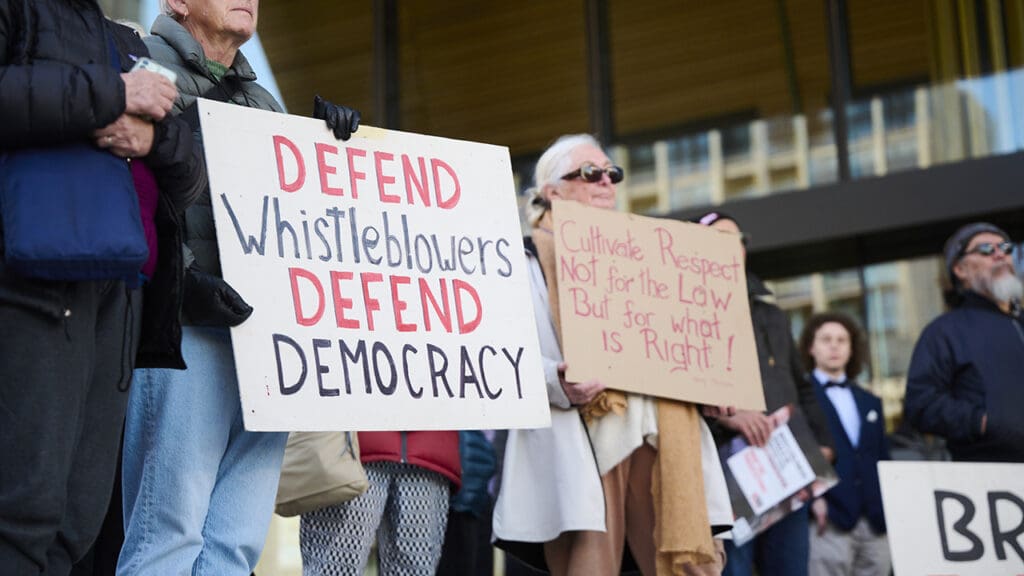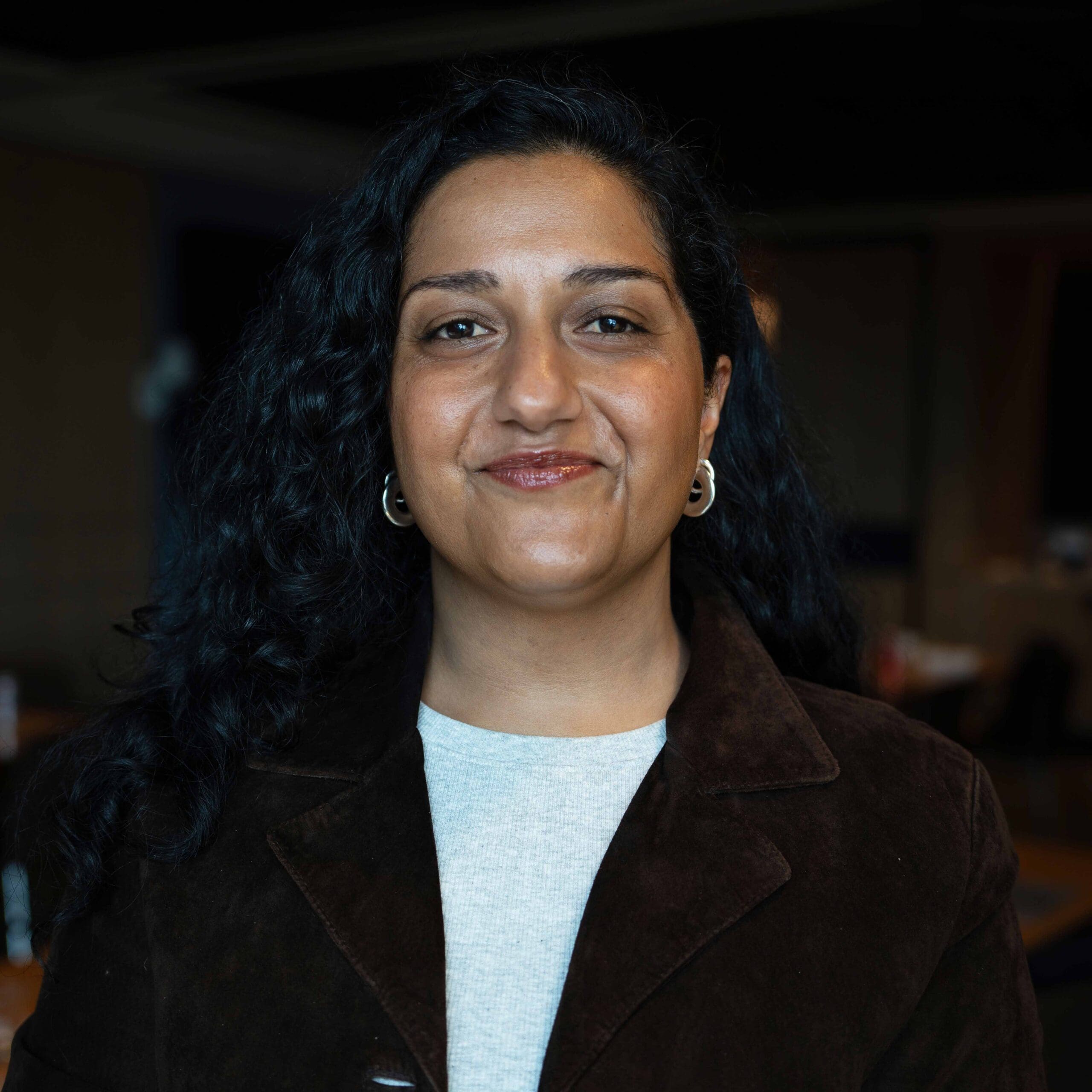Released detainees have done their time. Let them be
OPINION | This article was originally published by the Sydney Morning Herald
Every day, Australian citizens who have been convicted of a crime and have served their time are released into the community. Sentences don’t last forever – they are supposed to allow for rehabilitation and re-entry into the community, not senseless punishment. People are allowed to go back to their families and communities and get on with their lives.
When the High Court made orders last Wednesday overturning a 20-year-old authority that allowed governments to indefinitely detained migrants and refugees, few would have appreciated the impact of the past two decades on the public psyche. Since the ruling, 84 people have been released from immigration detention, and at least another eight are eligible for immediate release.
Some, but not all, of those people released were previously convicted of a crime. But critically, they had been sentenced by a court and served their time. The only reason they were in immigration detention was because they did not have a visa – not because they were serving a sentence.
The debates in the media and parliament that have followed have laid bare a chilling fact: that our government, the opposition and willing elements of the media would have us believe that just because they are migrants and refugees, the 84 people released from detention fall into a special category: That even though they have served their time, they should be subject to forms of restriction, segregation and punishment for the rest of their lives.
It is clear now that, over the past 20 years, we have been led to believe and come to accept that immigration detention is an extension of prison, that migrants and refugees are inherently a risk to our safety and, tacitly, that they deserve to be locked up forever.
Instead of respecting and implementing the High Court’s judgment, the Government has attempted to recreate the conditions of detention in the community as faithfully as possible. It has introduced rushed, poorly drafted legislation to parliament to create a long list of mandatory visa conditions for people released, allowing for the use of electronic ankle bracelets and home curfews, and the imposition of criminal penalties for breach of those conditions, involving lengthy jail terms. By Thursday evening, at the time of writing, the thornier details were still being thrashed out.
Electronic monitoring and curfews involve profound interference with personal freedom and dignity. To be clear, they are forms of ongoing punishment. In Canada, where electronic bracelets are used, migrants report that the devices routinely malfunction, causing their workplaces or homes to be raided by immigration authorities.
While the government’s initial suggestion was for these extraordinary measures to be imposed on a discretionary basis, the minister has telegraphed during debates how she thinks the discretion should be exercised.
The proposed mandatory visa conditions are so broadly drafted that it is impossible to see how they could be complied with. Former detainees will be required to notify the minister of their association with an “organisation”. Will that include a library, a community centre, the local supermarket, the gym?
Former detainees will need to seek permission before engaging in an activity that involves “more than incidental contact” with a “vulnerable person”. Does that mean that they will need to seek permission to be in the company of their partner who suffers from a physical condition? Will they need ministerial permission to raise their child?
These might seem like academic or facile questions. But a breach of these conditions, inscrutable as they are, will expose former detainees to the risk of jail and further segregation.
As the dust settles over the coming days and weeks, we need to step back and ask ourselves: How did we get to this point, where both sides of parliament talk openly of flouting High Court judgments and subjecting migrants and refugees to lifelong punishment based solely on their legal status? And we need to ask ourselves: Who will be next?
Sanmati Verma works in the Migration Justice team at the Human Rights Law Centre. You can learn more about the team’s work here.

What issue unites Coalition, Labor, Green, teal and One Nation voters? Whistleblower protections
The Albanese Government’s persecution of whistleblowers Richard Boyle and David McBride is unjust, and the public doesn’t support it. It’s time for much-needed reform.
Read more
We’re fighting Tasmania’s parole board gag on free speech
We have filed legal proceedings on behalf of Tasmanian grandmother, Susan Neill-Fraser. Her case challenges a restrictive parole condition placed on her by the Parole Board of Tasmania which limits her ability to speak to the media.
Read more
Universities must stop restricting protests and surveilling staff and students
The Human Rights Law Centre is urging the University of Melbourne to abandon new policy changes that severely restrict protest rights and allow widespread surveillance of students and staff through the universities’ wifi network.
Read more



